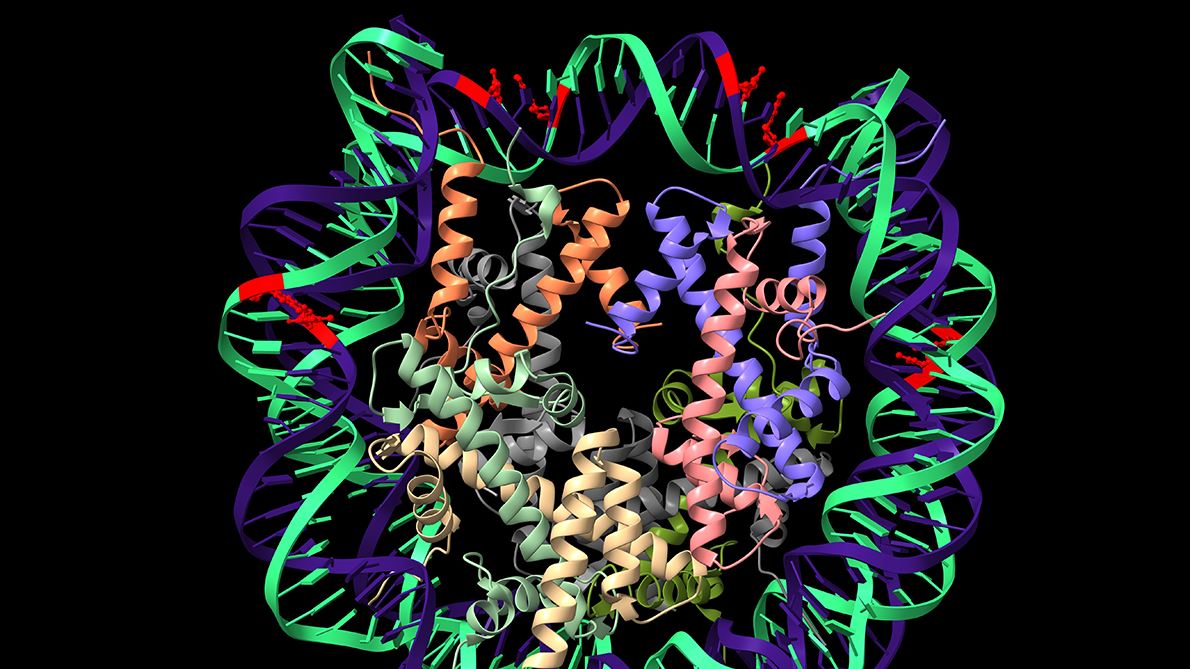Northfield, Ill. (January 8, 2025) – Advances in DNA methylation profiling are transforming cancer diagnostics by enabling precise tumor classification and improving diagnostic accuracy for challenging cases, according to a new article published by members of the College of American Pathologists (CAP) Personalized Health Care Committee. This technology is a game-changer in precision medicine, offering critical insights for patient care.
DNA methylation, an epigenetic modification, regulates gene expression and is linked to the development of cancer. Profiling assays detect unique methylation patterns, which can improve cancer diagnosis, track disease progression, and guide treatment decisions. Recently incorporated into the World Health Organization's 5th Edition of the Classification of Central Nervous System (CNS) Tumors, methylation profiling enhances brain tumor diagnostics, with applications extending to soft tissue, bone, and other tumors.
"DNA methylation profiling may be integrated into standard diagnostic processes, giving health care providers key information to classify tumors and make better treatment decisions," said Matthew Hiemenz, MD, MS, FCAP, member of the CAP Personalized Health Care Committee, Senior Pathologist and Associate Medical Director at Foundation Medicine.
"This breakthrough technology not only enhances diagnostic accuracy but also equips clinicians with critical tools to tailor treatments and improve patient outcomes," added Justin Chang, MD, junior member on the CAP Digital and Computational Pathology Committee.
While the technology faces challenges, such as cost and data complexity, its potential is undeniable. Recent studies highlight its impact: improving CNS tumor diagnosis by 12% and enabling accurate subclassification of sarcomas and hematolymphoid malignancies. Liquid biopsy advancements also showcase methylation’s promise in non-invasive early cancer detection.
Looking ahead, DNA methylation profiling is poised to become a cornerstone in cancer diagnostics, paving the way for pan-cancer classifiers and liquid biopsy integration. This progress redefines the pathologist's role, merging molecular insights with traditional methods to enhance patient outcomes. Read the full article at cap.org.
About the College of American Pathologists
As the world’s largest organization of board-certified pathologists and leading provider of laboratory accreditation and proficiency testing programs, the College of American Pathologists (CAP) serves patients, pathologists, and the public by fostering and advocating excellence in the practice of pathology and laboratory medicine worldwide. For more information, visit the CAP Newsroom, CAP.org and yourpathologist.org to watch pathologists at work and see the stories of the patients who trust them with their care.
###

